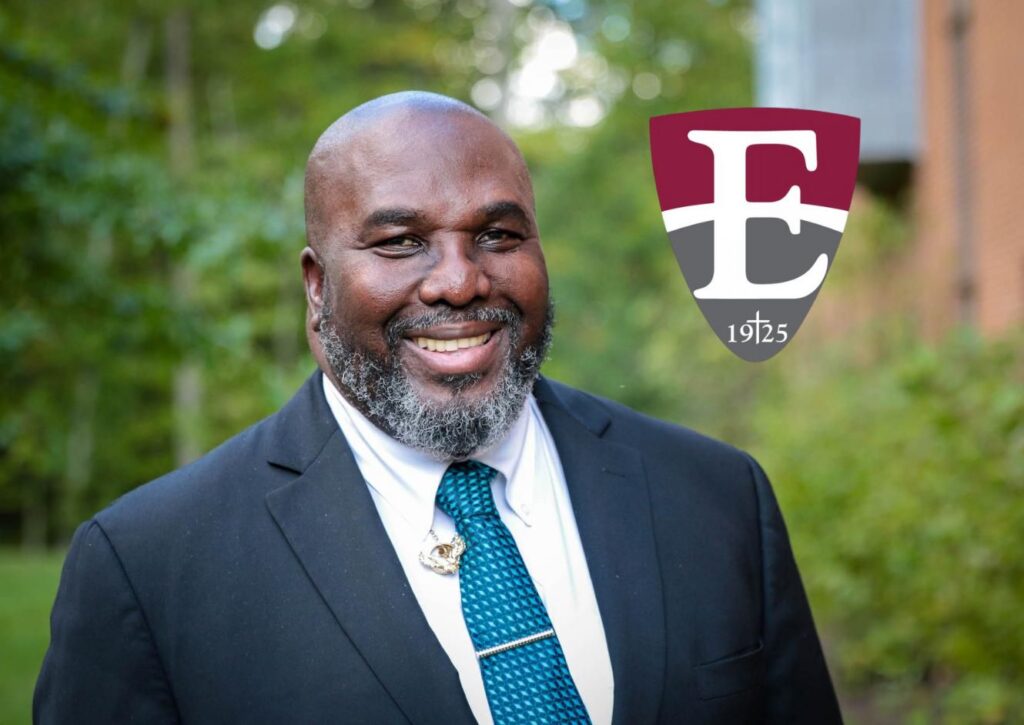Diversity, Equity and Inclusion (DEI) programs at universities and companies are directly in the crosshairs of the Trump administration. In just three months, the administration has effectively abolished DEI from the federal government, ended equity-related federal grants and threatened private entities that keep DEI with lawsuits and revoked federal funding. As News and Features editor Katherine Thomas quipped in issue 6 of The Waltonian, “It DEI’d.”
DEI has become synonymous with programs such as affirmative action, which sought to give an advantage to prospective students from historically underserved demographics in race and gender. Affirmative action was struck down as unconstitutional by the Supreme Court in 2023, and President Trump has sought to expand the interpretation of this decision to DEI in general. From the administration’s perspective, DEI is not in accordance with American values of hard work and the meritocracy that shoots the most competent and effective individuals to the top of the social hierarchy.
Eastern University has its own DEI-adjacent program called Diversity, Equity and Belonging (DEB). Dr. Randolph Walters heads the program through his role as the Special Assistant to the President for DEB. “Back in 2020 when President Matthews asked me to lead this effort at Eastern in a more official way, we talked about what term we would use. In my mind, belonging includes inclusion, because you cannot belong if you are not included.” In other words, DEB is a more holistic approach to DEI.
According to Walters, DEB is less a political statement than a descriptive statement of Eastern’s values. “The work of DEB is deeply embedded in who we are as a university. Faith, reason, justice are at the core of Eastern’s mission. As a university, we have always been concerned with the underserved, inequities in education and so on. From my perspective, the work of DEB is not a response to anything happening nationally, it is embedded in who we are and how we think about the work God has called us to do.”
Eastern’s vision for DEB is centered around achieving a welcoming community. “DEB is part of our strategic plan and our strategic objectives. We want to create a campus atmosphere that embraces diversity and inclusion at every level, where it values and engages students. Whether it’s in the classroom, the football field, the gym, the dining commons or wherever students gather, we create an environment that supports all of our students. We are working to create an environment where diversity is an asset, not a liability,” Walters said.
So what does DEB actually do? Some examples of DEB’s work include the University’s leadership assessing salaries, supporting struggling programs, engaging student concerns and creating equity solutions so that all students, faculty and staff feel that they are an integral and equal part of the Eastern community.
With all the pressure coming from the Trump administration regarding DEI-related programs, Eastern has begun to feel the heat, but only mildly. President Matthews, and other educational institution heads across the nation, received a “dear colleague” letter from the Department of Education Office for Civil Rights, which spelled out guidelines on how universities should proceed given the recent Supreme Court decision. “[The letter] provides some guidance – it should be noted, however, that that is just guidance. It doesn’t have the force of law; it doesn’t bind the public or create new legal standards. The reality is that there are some things we have to do based on that Supreme Court decision with respect to the use of racial preferences in college admissions,” Walters said, but added the other interpretations based upon the Supreme Court decision have not had the force of law.
Eastern is in a unique position to handle the federal pressure regarding DEI. “We know, of course, that many schools have shut down their DEI programs, and many of those are connected to federal funding. We do not have any direct money that comes [from the government] for DEI programs. But then there are things like Pell grants and so on that might have implications. The [Trump] administration could say ‘If you’re doing this, we’re gonna pull back on Pell grants.’”
Walters noted, “I am very committed to this work. It is part of not just Eastern’s DNA but my DNA as a follower of Christ…we want to make sure that we’re not violating any law as a university to protect ourselves, while at the same time we are missional and we’re going to continue to do the work that we’re doing because…it is linked to who we are. Is there a scenario where we would stop doing what we’re doing? It would have to be a scenario where there is a law that says if you do a DEI program we’re going to arrest you or something egregious like that. One of the unique things about our university is we are a private university, not a public university, so we need to follow our mission and that’s it.”
Walters could, however, imagine a situation that would tie Eastern’s hands. “If the federal government says if you do a DEI program any students that come to your [university] will not be approved for student loans from the federal government…I mean if we don’t have students we don’t have a university. That might force us to close unless we were able to have funding and scholarships from wealthy people. If students are not coming because they can’t take out loans, then obviously that’s going to impact the continuation of the university.”
It seems, however, that Walters does not anticipate this scenario happening; Eastern is sticking by its motto of faith, reason and justice. For Walters, this means DEB is here to stay.
Sources: Civil Rights, White House Fact Sheet, White House DEI Order, Morrison Foerster

